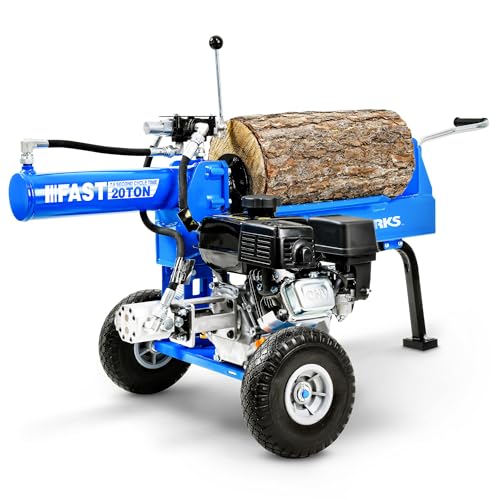That's still like a non-argument
GVSII,
I have no idea if 4000 hours is a long time or not... but I can tell you it don't sound all that long for a water-cooled marine outboard. Either way, without a yardstick or benchmark of some sort, the 4000 means nothing.
OK, so they lasted a long time... but how much longer then engines running straight 50:1 ( or whatever)?? How many of those guys ran two engines side-by-side, one with "extra" oil and one without?? What was the average gain of engine life in hours over those multiple tests??
All you're saying is the guys you knew ran "extra" oil and their engines lasted a long time. So I'll ask again...
Longer than what?? Where's the yardstick??
The Evinrude outboard on our fishing boat at the lake home was built in the '40's... it's the oldest running outboard on the lake... it's never been run with "extra" oil... ever. Heck, I'm not so sure it don't have the original spark plugs in it.
You disagreed with me on the basis of what a bunch of your commercial fisherman friends did. Just because they
did don't make it best... without the yardstick it's just what they did, and nothing more than that. I never claimed using "extra" oil would shorten an engines lifespan... but you're trying to claim it lengthens it based on what some other guys
did.
So tell me...
how much longer did those engines last, and
how many engines were compared??
By-the-way, the oil manufacturers have run those test... many, many times... and based on the results of those tests, they print the instructions for use on the label. Like I said before, I always find the reasoning for "extra" oil in two-cycle mix both baffling and comical at the same time... it's the Tim "The Tool Man" Taylor mentality. I don't know of a single guy who runs "extra" oil that can prove they
gain anything from doing so... usually it's something like...
"I've always run extra oil in my saw, and I've never had any problems" (or maybe it's like, they last a long time

).
How comical is that?? So friggin' what?? I've
never run extra oil in my saw, and I've never had any problems either, and my saw is over twenty years old... is that a long time??
*
























































